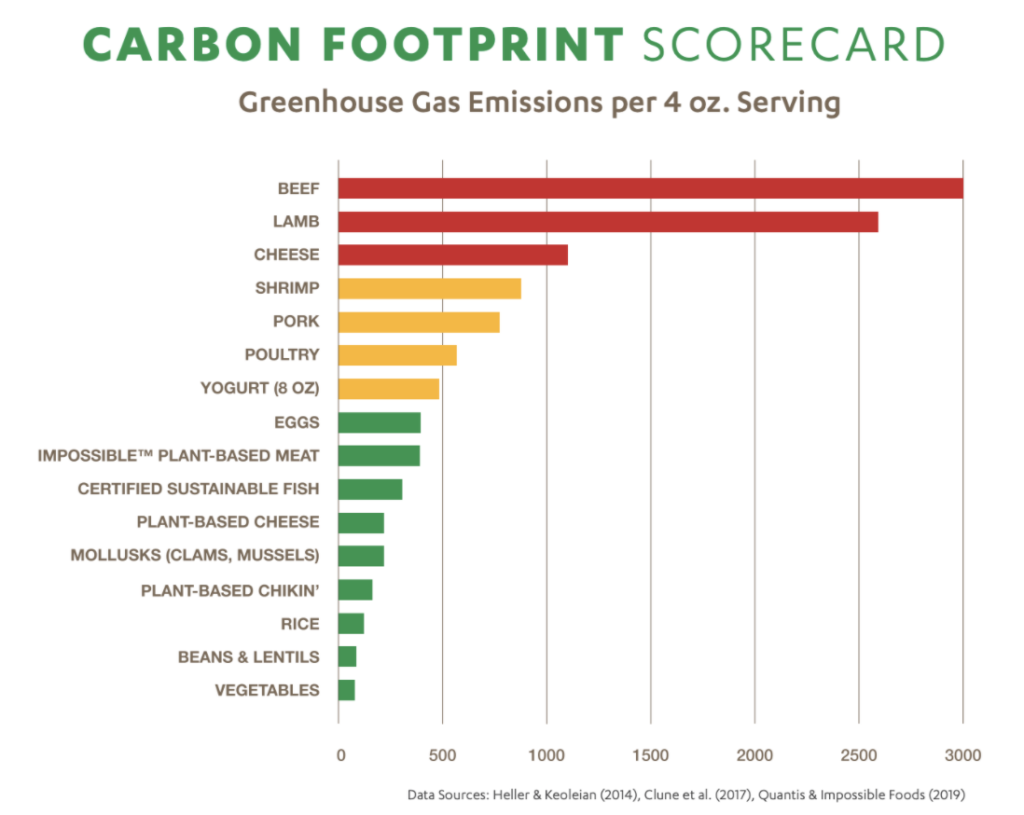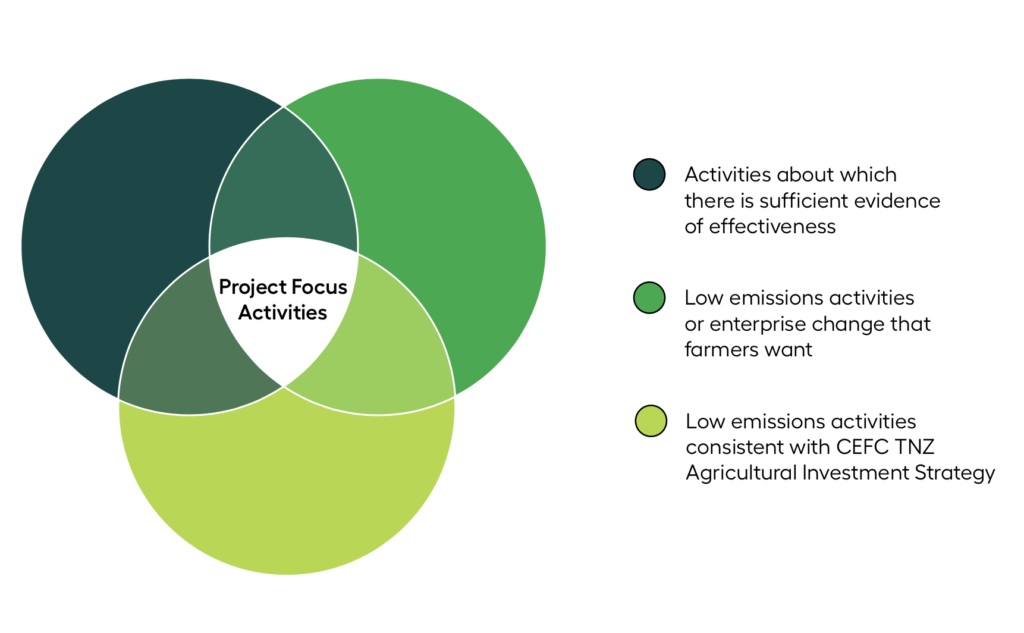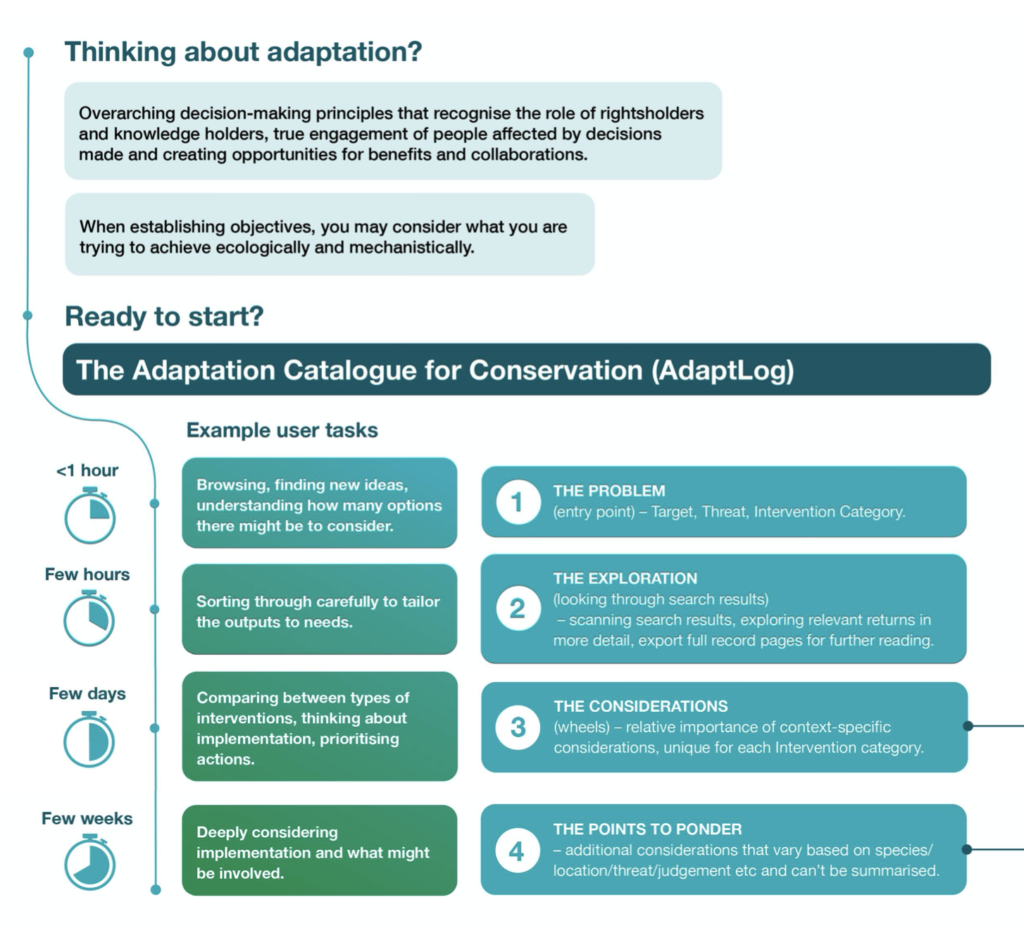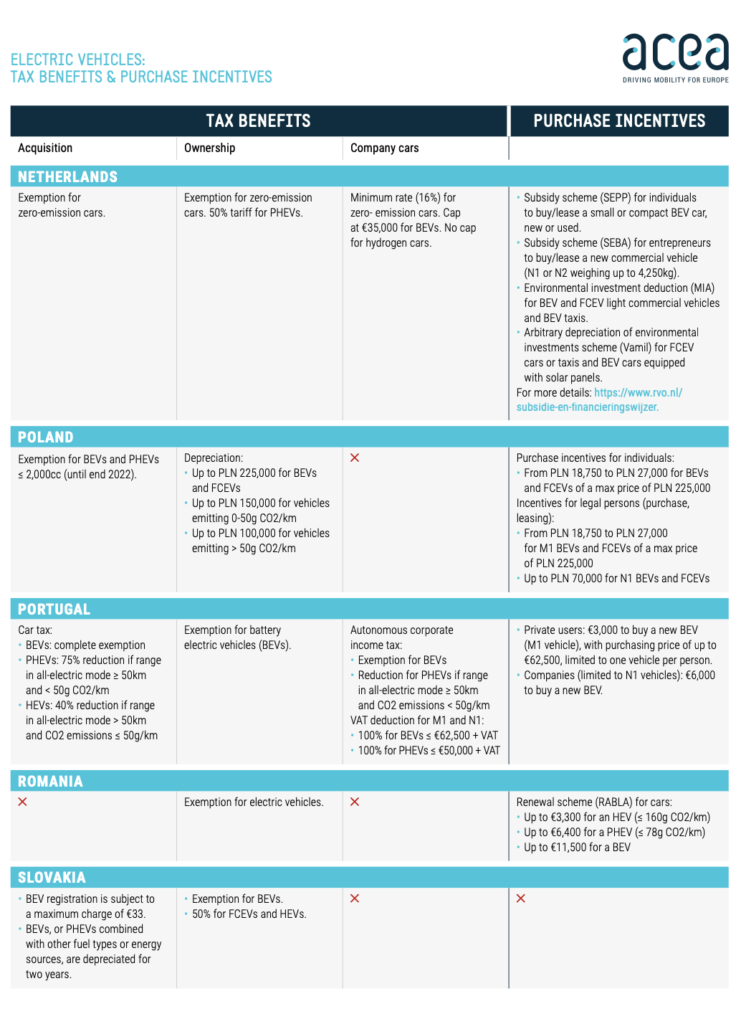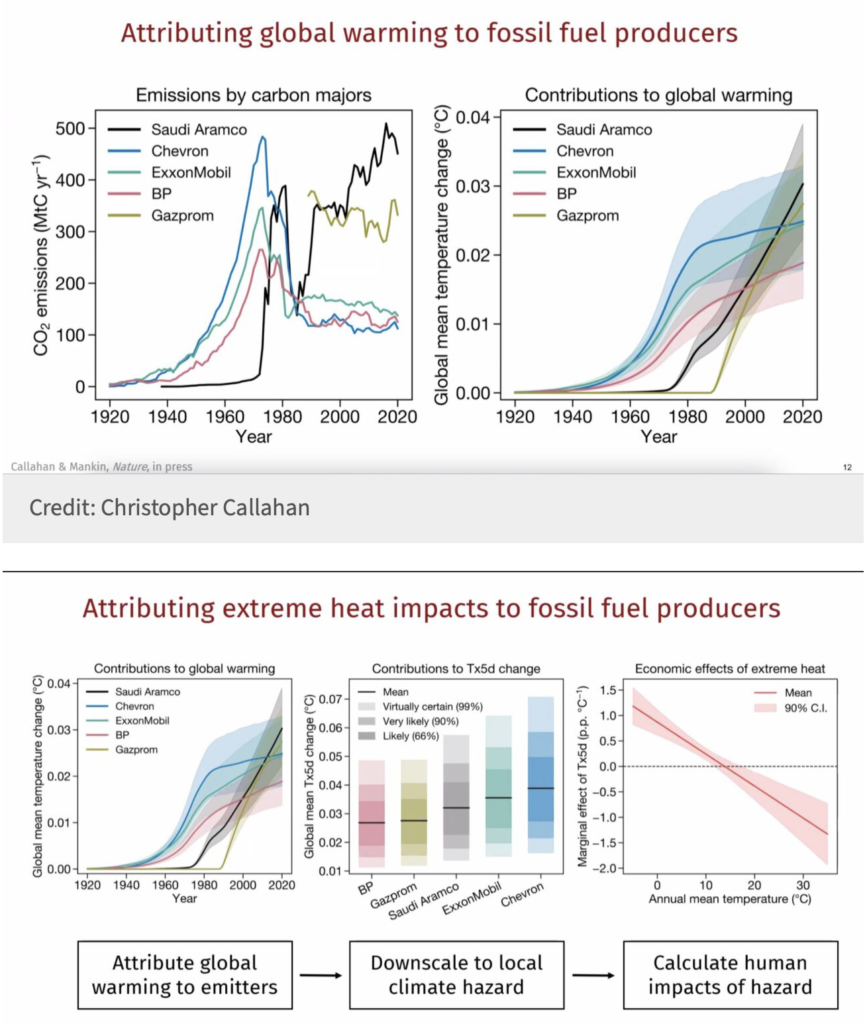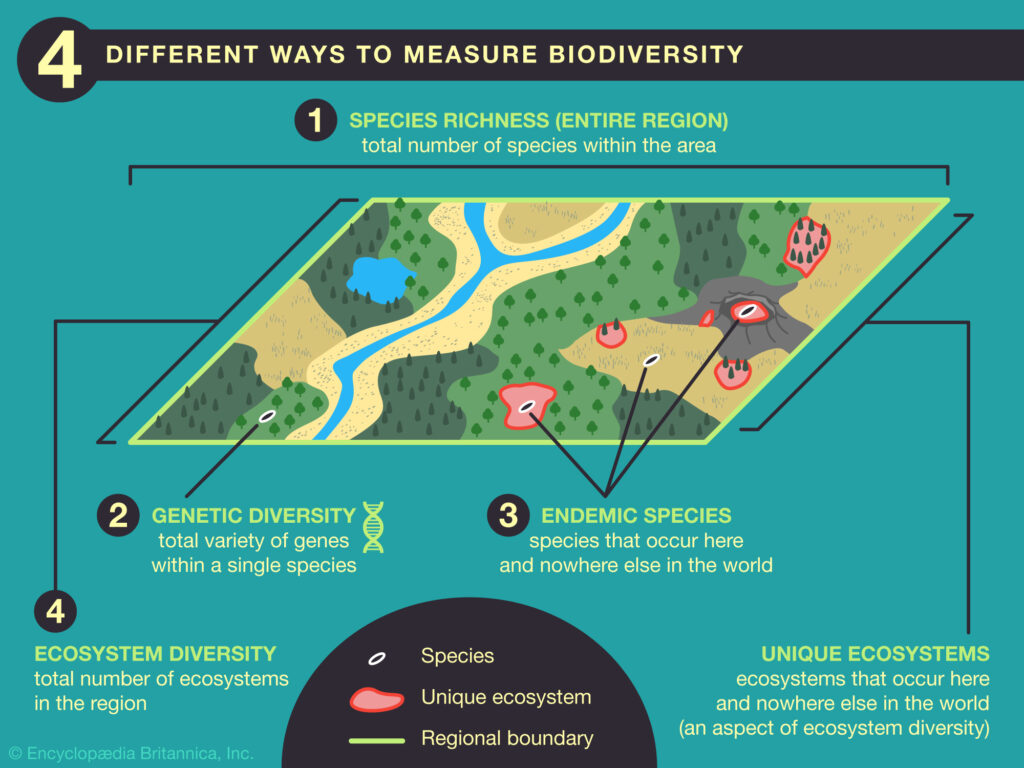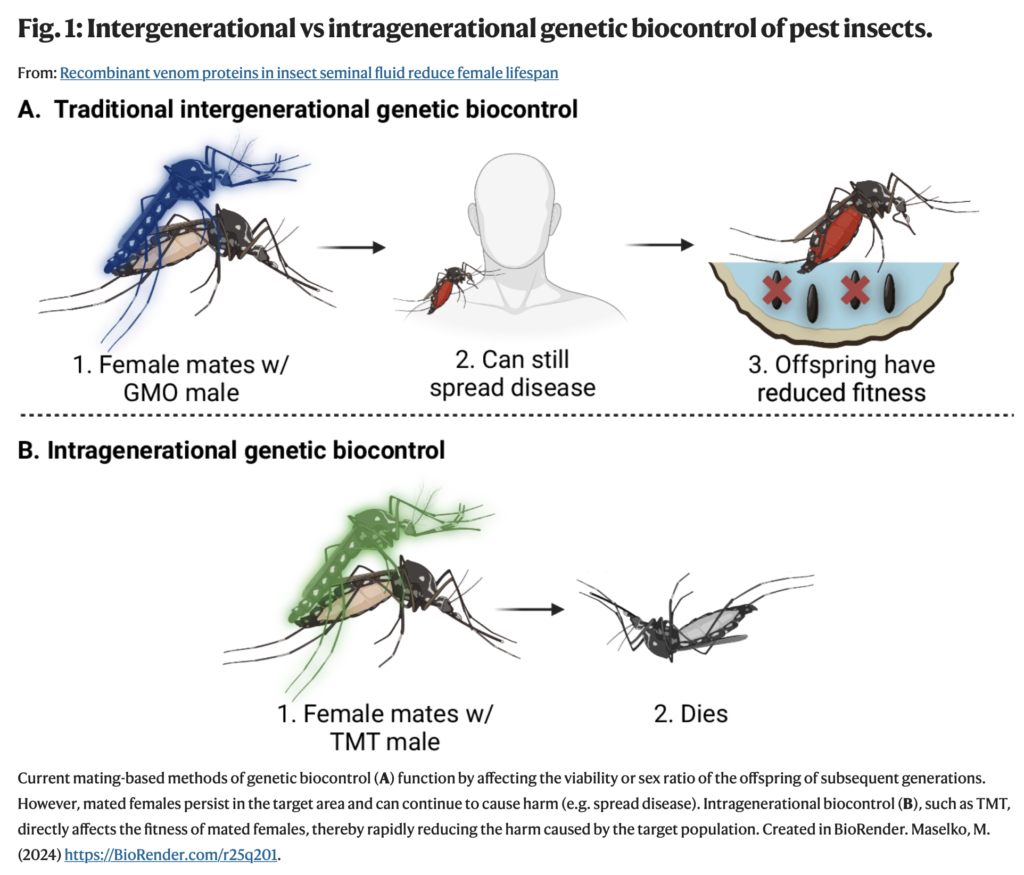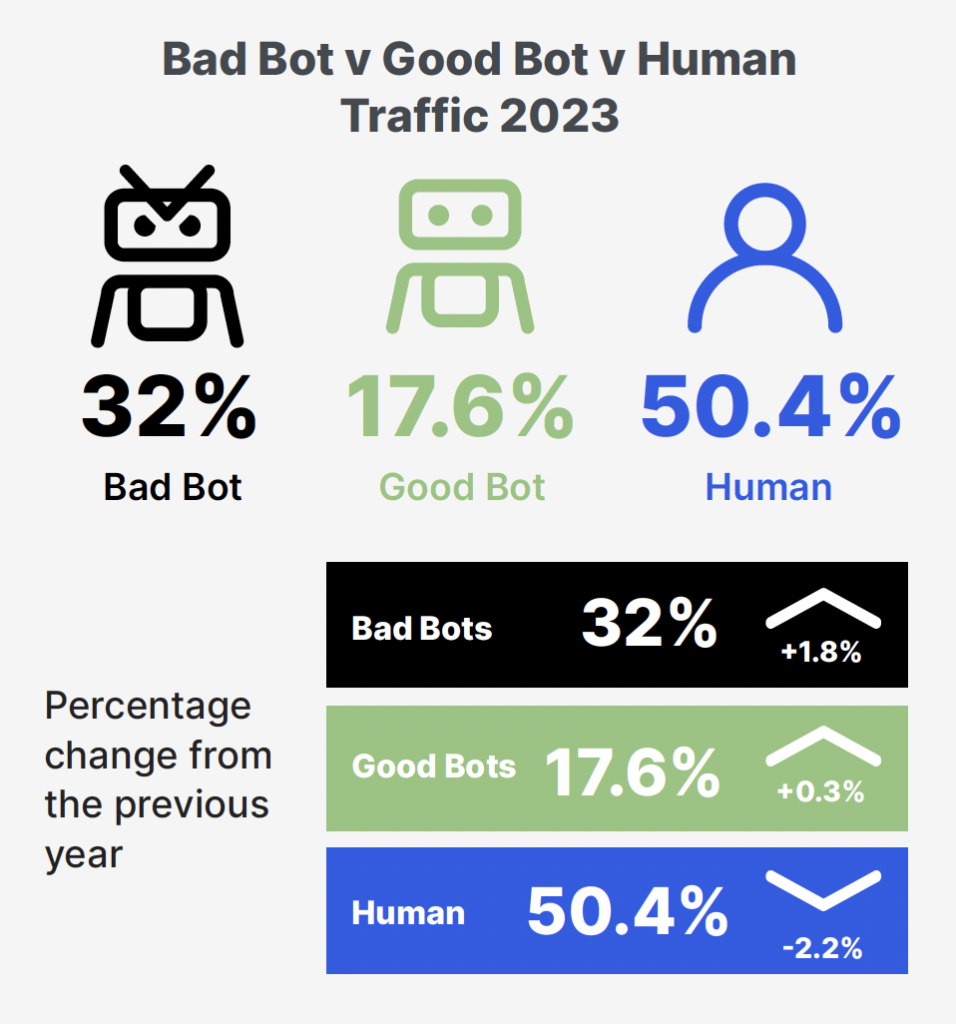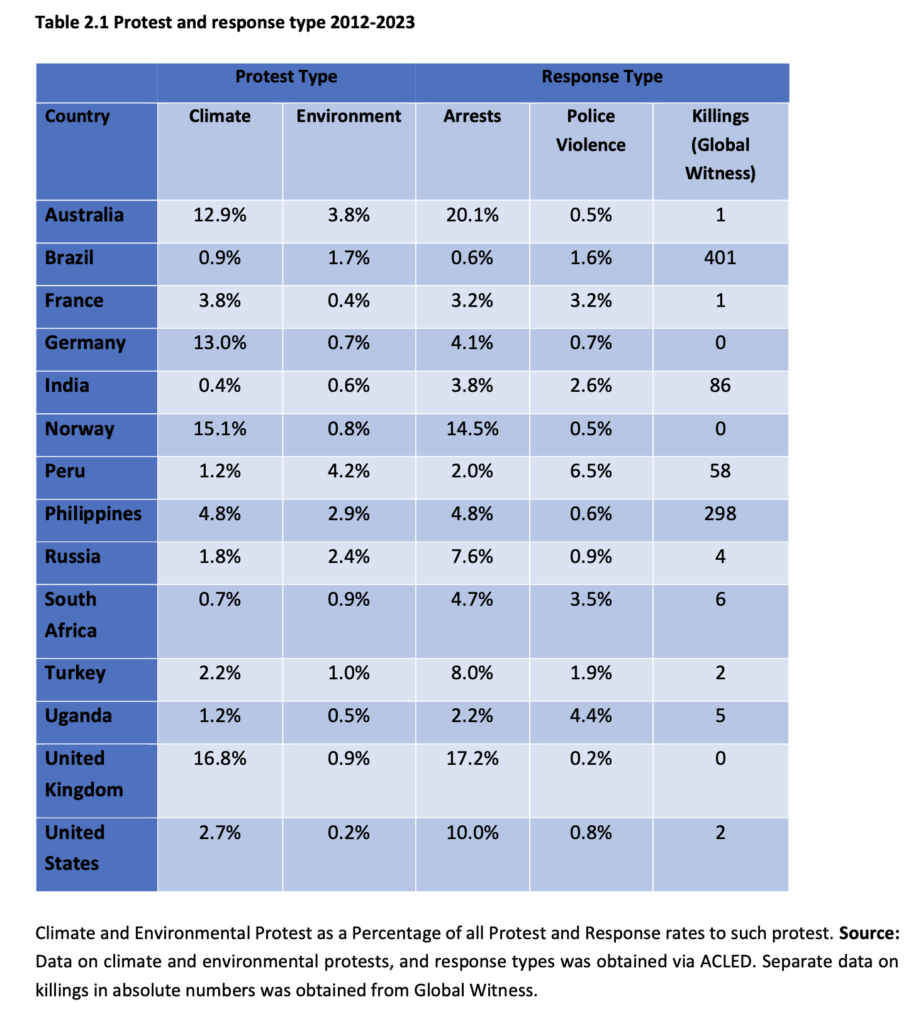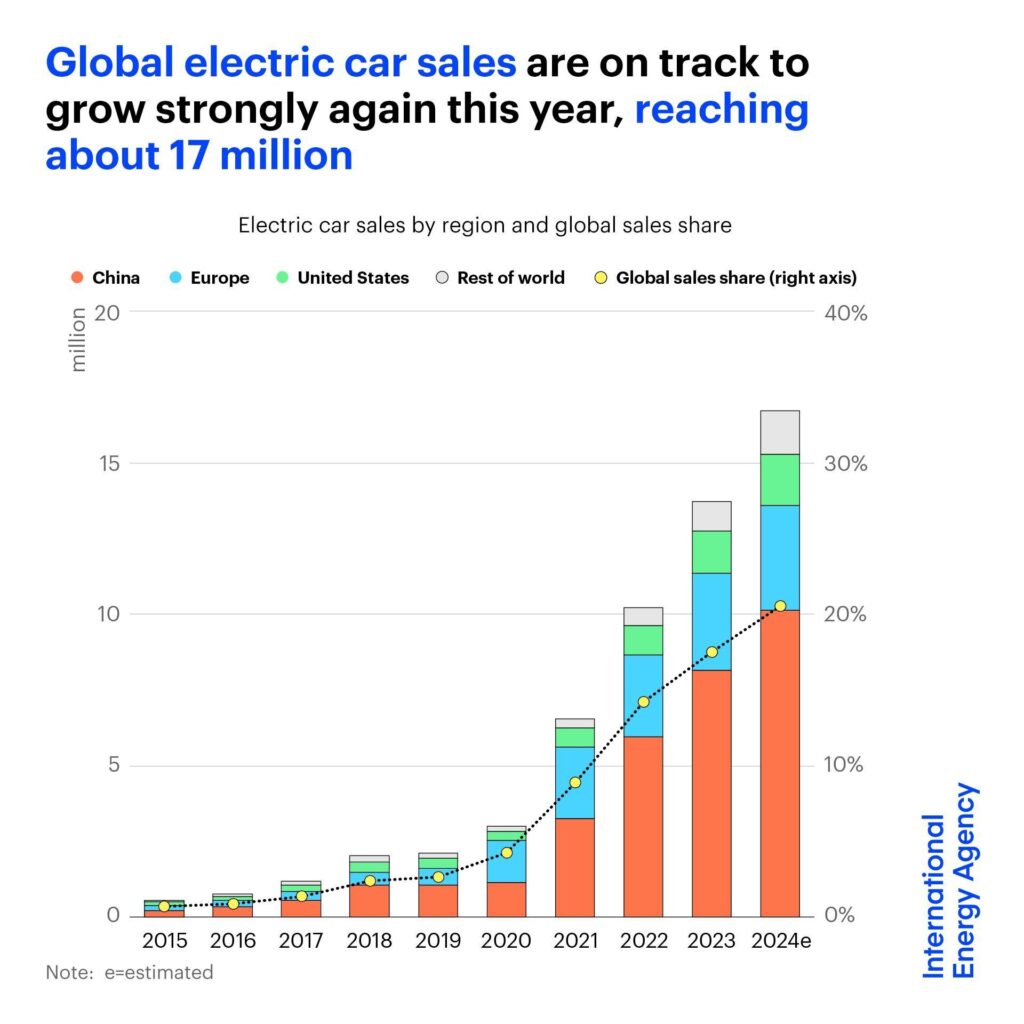VEN – Good News on Climate Action – Blog
What would happen if climate fees for food moved from political conversation to policy?
Changing the foods you eat can have a big impact on your carbon footprint. Many of these changes will also be beneficial for your health! For example, shifting to a vegetarian meal one day a week for one year could save the equivalent of driving 1,160 miles. But you don’t have to be fully vegetarian…
Read MoreGreen bank backing farmers on climate action journey
Image: pathfinder project identifying low emission activities to incentivise January 31, 2025 03:30 | Michael West and AAP News From planting carbon-sequestering windbreaks to feeding cows seaweed to stop them burping as much methane, Australia’s green bank wants to make it easier for farmers to cut emissions. The Clean Energy Finance Corporation (CEFC) has teamed…
Read MoreDrones to revolutionise bushfire fighting
in The Conversation Marta Yebra Iain Guilliard Nicholas Wilson Robert Mahony Australian National University Picture this. It’s a summer evening in Australia. A dry lightning storm is about to sweep across remote, tinder-dry bushland. The next day is forecast to be hot and windy. A lightning strike tonight could spark a fire that grows into…
Read MoreElection promise: incentives for ‘green’ aluminium
Portland’s aluminium smelter is the largest consumer of electricity in Victoria. (Supplied: Alinta Energy) Federal Labor to pledge $2 billion for ‘green aluminium’ in new election pitch By political reporter Tom Lowrey in abc.net.au Sun 19 Jan SEE ORIGINAL IMAGE IN ARTICLE The Tomago Aluminium plant near Newcastle has announced plans to switch to renewables…
Read MoreAdaptLog: a continually updated resource for conservation practitioners grappling with climate change
CSIRO, WWF and Australian government team up to launch AdaptLog conservation solutions project By Clancy Balen in ABC.net.au Mon 20 Jan SEE ORIGINAL ARTICLE PHOTO Dr Jess Melbourne-Thomas says AdaptLog is a “new tool that can help conservationists think about what to do when environments are changing incredibly quickly”. (ABC News: Jordan Young) In short:…
Read MoreNo time for despair: 3 reasons to fear humanity won’t reach net-zero emissions – and 4 reasons we might just do it
Nick Rowley Honorary Associate Professor, The Crawford School of Public Policy, Australian National University, in The Conversation Within hours of taking office last week, President Donald Trump made good on his pledges to wind back the United States’ climate action – including withdrawing the US from the Paris Agreement. This political show comes barely a…
Read MoreSuper-capacitor bikes!
They invented the first electric bike without a battery 🚲 🔋 (Major brands are paying attention) Every e-bike hides an uncomfortable truth: ↳ Europe imports 1.2 million e-bikes yearly ↳ Each one needing lithium batteries ↳ Most die within 5 years and join millions in landfill Adrien Lelièvre discovered something revolutionary. Supercapacitors could replace these…
Read MoreTax breaks for hybrids
Image: examples of EV incentives in Europe. For full list see ACEA report They’re cleaner and greener, so why won’t the government give hybrids tax breaks? By Mike Foley January 20, 2025 in The Age Penny Nelson is one of the hundreds of thousands of Australians who have switched from a petrol-powered car to a…
Read MoreClimate attribution science: a tool for climate action
Graphs: Christopher Callahan, an Earth system scientist and postdoc at Stanford, explored the challenges of linking specific fossil fuel emitters to measurable climate damages, citing examples like the 2021 Pacific Northwest heatwave, which led to a lawsuit brought by Multnomah County, Oregon, against major fossil fuel companies. from news.Climate.columbia.edu Advances in climate attribution science are…
Read MoreHow flora and fauna are evolving before our eyes, in the face of climate adversity
Image: from Wikimedia commons Patrick Greenfield 09/01/2025 in The Guardian Down To Earth Newsletter During Britain’s industrial revolution, the peppered moth became one of the most famous examples of rapid evolution. The black and white insect, widespread in the northern hemisphere, largely disappeared from urban areas in England as its habitat became covered with factory…
Read MoreSports sponsorship – an opportunity for athletes to make a difference
Table: Source: New Weather Institute What might sports look like in a warming world? When playing against the climate clock, make a new game plan. By Mark Harris January 16, 2025 in Anthropocene If you like home runs, you’ll love climate change. As the temperature rises, air resistance goes down. Researchers at Dartmouth College have…
Read MoreDoes it work when private groups manage national parks in some of the world’s poorest countries?
Image: Collaborative management partnerships strongly decreased deforestation. New research suggests the answer is yes. Logging rates are dramatically lower where governments in Sub-Saharan Africa partner with NGOs to run protected areas. By Warren Cornwall In Anthropocene magazine January 8, 2025 Efforts to save habitats around the world face this conundrum: Some of the most biologically…
Read MoreWhat’s a unit of nature? And can it be sold in a biodiversity credit market?
Image: from Brittanica.com Scientists question whether these credits can deliver lasting conservation. By Warren Cornwall in ANthropocene magazine December 18, 2024 Having trouble finding that last minute holiday present for someone? Perhaps you could buy them some biodiversity. You might be wondering if I’ve sampled too much of my buddy’s legendary holiday eierlikör (look it…
Read MoreMale mosquitoes to be genetically engineered to poison females with semen
Image from article: Biogenetic mosquito control. Published: 07 January 2025 Recombinant venom proteins in insect seminal fluid reduce female lifespan Samuel J. Beach & Maciej Maselko Nature Communications volume 16, Article number: 219 (2025) Cite this article Abstract The emergence of insecticide resistance has increased the need for alternative pest management tools. Numerous genetic biocontrol approaches, which involve…
Read MoreHow bots are driving the climate crisis and how we can solve it
Image: from the 11th annual edition of the Imperva Bad Bot Report. CLICK to Download report The internet now makes up around 7.4 per cent of global emissions – with half of that made up of bots. But it’s possible to track the perpetrators of bot-related energy waste By Andrew Irvin and Maria Pia Dunne,…
Read More‘Trolling free-for-all’: Australian politicians and experts criticise Meta for ditching factchecking
Graph: from Fact-checking reduces the propagation of false news in social networks, Emeric Henry, Ekaterina Zhuravskaya, Sergei Guriev 21 May 2020 Mark Zuckerberg says time to ‘get back to our roots’ around free expression but opponents argue ‘ordinary citizens should be very concerned’ Dan Jervis-Bardy, Ben Doherty and Sarah Basford Canales Wed 8 Jan 2025…
Read MoreAustralia leads the world in arresting climate and environment protesters
Climate and Environmental Protest as a Percentage of all Protest and Response rates to such protest. Source: Data on climate and environmental protests, and response types was obtained via ACLED. Separate data on killings in absolute numbers was obtained from Global Witness. From Berglund, O., Franco Brotto, T., Pantazis, C., Rossdale, C. and Pessoa Cavalcanti,…
Read MoreSeven quiet breakthroughs for climate and nature in 2024 you might have missed
16 December 2024 Isabelle Gerretsen, Martha Henriques, Katherine Latham, Lucy Sherriff and Jocelyn Timperley in BBC.com Global temperatures rose and extreme weather ramped up, but there were also some significant breakthroughs for the climate this year. Here are seven quiet wins that may have gone under your radar in 2024. It’s been another tough year…
Read MoreCost-of-living crisis meets new era of electric cars
Image: Global EV outlook 2024 with EV sales set to reach 17 million from International Energy Agency report in evboosters. Australia still an outlier but new legislation and available new models will see a rapid uptake in 2025 [Ed]. By Mike Foley in the Brisbane Times January 6, 2025 The cost-of-living crisis rear-ended new car…
Read MoreElectric wallpaper and carbon-sequestering cows: Positive environmental stories from 2024
By Angela Symons & Euronews Green Published on 30/12/2024 Climate anxiety is very real, but these good news stories from 2024 prove there is hope for our planet. Eco-anxiety, climate doom, environmental existential dread – as green journalists, we see these terms used a lot – and often feel them ourselves. While there’s a lot to…
Read More
